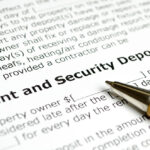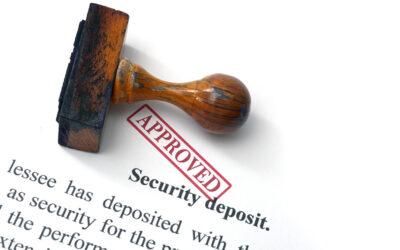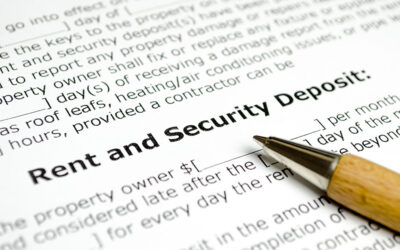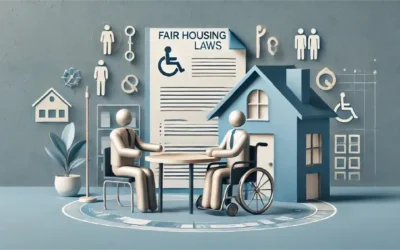Significant changes were recently released to the Massachusetts State Sanitary Code. The last major overhaul of the Massachusetts State Sanitary Code occurred in 1994. The Department of Public Health decided that since then the Code had become outdated, ambiguous, and in some cases, obsolete. Also, in 2022, the Attorney General’s Office got more complaints about conditions in residential housing than they got complaints about used car dealers.
Significant changes were recently released to the Massachusetts State Sanitary Code. The last major overhaul of the Massachusetts State Sanitary Code occurred in 1994. The Department of Public Health decided that since then the Code had become outdated, ambiguous, and in some cases, obsolete. Also, in 2022, the Attorney General’s Office got more complaints about conditions in residential housing than they got complaints about used car dealers.
To highlight a few important changes to the State Sanitary Code:
- Landlords must provide the tenant at least 48 hours’ notice before accessing their apartments for the purpose of correcting Code violations, except in an emergency situation. The appointment for access must be scheduled, where possible.
- Landlords must inspect the apartment between tenants to identify the presence of pests, including insects and wildlife, must document the inspection and be prepared to show it upon request from a building inspector. A professional pest control company is not required by the Code, but it is recommended to develop a pest checklist to use on every future apartment turnover.
- Landlords are still required to post the owner’s name, street address and telephone number in the common area, and if there is a property manager then the same information for the manager. Now, the telephone number of the owner or property manager must be monitored no less than once every 12 hours. If that person is away and/or unable to check in with that number, the landlord must provide your renters with an alternate contact person and phone number until they return.
- Landlords are still required to provide a stove and oven, and now also a refrigerator and freezer, unless the lease obligates the tenant to supply these appliances.
- Landlords must ensure that the wall above a kitchen countertop has a smooth, non-absorbent, easily cleanable surface and forms a watertight seal with the countertop itself. The wall surface must extend at least 24 inches above the countertop, where practicable.
- The new code requires landlords to keep their buildings free from excess moisture or the appearance of mold. Landlords must ensure that all surfaces are dried within 48 hours after notice of leaks or flooding or within 48 hours after the end of the event, for example, a major rainstorm.
- Windows and doors should be weather-tight, and all openable exterior windows, not just those on the first four floors of a building, should be equipped with screens during the period from April 1 through October 31.
- In residences containing more than one dwelling unit or rooming unit, the lights in the common areas (foyer, hallway, stairway, porch/deck, fire escape, etc.) must either be always on, or must be on timers/motion-sensors. There can no longer have be a light switch in the hallway or staircase.
If you have questions or would like to discuss these matters, please contact Drayton Law at 508-618-7270.
This blog is for informational purposes only. It should not be considered legal advice. All those who read this blog should seek the advice of a professional before taking action based upon any information provided herein.








